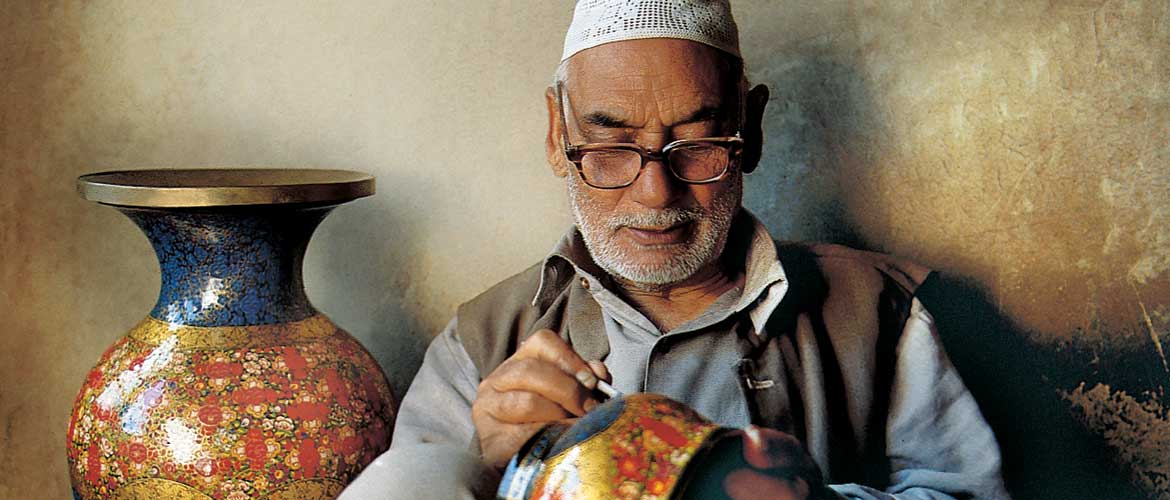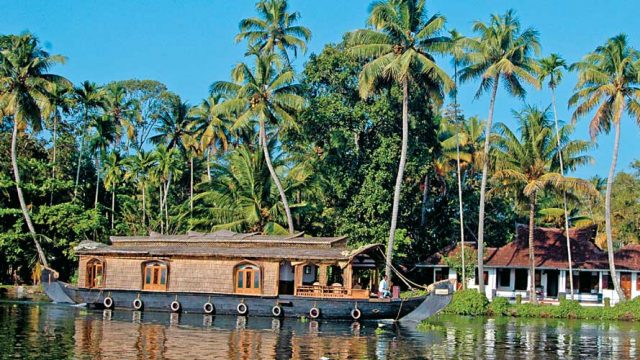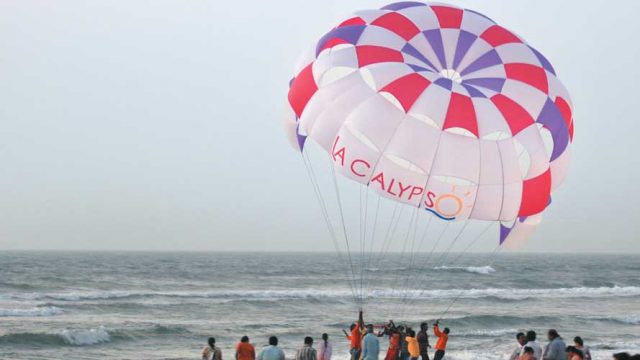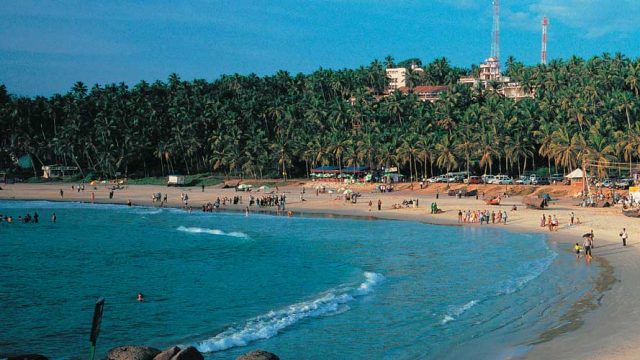Pashmina shawls, hand-woven carpets, intricate woodwork, papier-mâché souvenirs, cricket bats carved from willow — Kashmiri
Kashmiris often credit 15th-century ruler Sultan Zain-ul-Abidin, popularly known as ‘Budshah’, for the region’s fame as a centre for handicrafts. During his six-year stay in Samarkand as a young prince, Zain-ul-Abidin became highly impressed with the local artisans. Later, as ruler of Kashmir, he is said to have invited a number of these craftsmen from Samarkand to train his subjects. Intricate carpet weaving, papier-mâché and paper-making are some of the techniques introduced during his reign. Artists from Persia and Turkey are also said to have visited Kashmir, leaving strong influences on the local handicrafts.

Srinagar offers all this artisanal heritage, and more. The areas to head to are the main market at Lal Chowk, Polo View Road, Budshah Chowk, Residency Road and the bazaars on the banks of the Jhelum. Bargaining is always necessary.
Pashmina shawls & Pherans
Kashmir’s pashmina shawls and woollen stoles are famous beyond India. While an original pashmina stole costs around ₹1,000, shawls start at ₹4,000. You’ll find the real deal in Eidgah, a hub for pashmina weavers and other artisans.
Also pick up a pheran. This woollen, knee-length top (anything between ₹600 to ₹2,500, depending on the embroidery) keeps its wearer warm and toasty, and is perfect for the cold winters in the valley. Pherans are available readymade in a variety of colours and designs, but it’s also possible to get a bespoke one. Tailors in markets across Srinagar will stitch these at short notice. Look for handwoven shawls and pherans at the shops at Lal Chowk.

And just because you are in Kashmir, you will not escape fake ‘Kashmiri’ shawls machine made in Ludhiana. If you can’t tell these apart, head to the J&K Handicrafts stores at Lal Chowk, Boulevard and Residency Road (Tel: 0194-2452783; Web: jkhandicraftscorporation.nic.in).
Papier-mâché & Wooden Decorative Items
Kashmiri artisans have perfected the art of papier-mâché, and in Kashmir, you can pick up a jewellery box, a pencil stand, or a decorative egg, all intricately painted with Kashmiri motifs, at minimal rates. Head over to the back lanes of Alamgari Bazaar, Zadibal, Lal Bazaar and Nowshera, all full of papier-mâché artisans.
Hand-carved items made of walnut wood are equally popular. Among the bestsellers are wooden trays, book-ends, lamp shades, nut and salad bowls, photo frames, decorative shikara models, and furniture. Lal Chowk is a good area to shop for these items. The Hazratbal areas of Srinagar and Ganderbal are the places to buy handwoven baskets.

Carpets and Namdas
Famous for their exquisite designs, hand-woven Kashmiri carpets feature a unique blend of Indian and Persian weaving styles. Prices start at ₹3,000, depending on the size and fabric. Budshah Chowk is the best place to buy these.
Another hand-made product are namdas, or felted wool or cotton rugs. They are less expensive compared to carpets and plain ones cost less than embroidered ones. Namdas made from acrylic or with a lower wool content are also cheaper. A 6×9 ft namda can cost between ₹3,000 and ₹4,000 at the Nowhatta and Khanqah markets.

Copperware
There’s no better way to serve tea than the way the Mughals did — in a samovar. Kashmiri copperware isn’t the pedestrian, run-of-the-mill stuff you find at most places. Handcrafted, with stylised motifs and intricate designs, it’s a form of art. Pick up some from the Nallah Mar (also known as Shehri Khas) area. The shops here sell traditional copperware items like bowls, plates, and of course, samovars.
Kahwa Tea
If you’ve picked up a samovar, it would be a disgrace to fill it with any ordinary tea. You need Kashmir’s famous kahwa to really do justice. Traditionally prepared in a samovar, Kashmiri green tea is flavoured with cardamom and cinnamon. Then, thinly sliced almonds and saffron are added for the wonderful aroma. Kahwa masala is available in most grocery stores.

Saffron & Chillies
Almost synonymous with the Kashmir Valley is that king of spices, saffron. Extremely expensive, and famous for its delicate aroma, saffron is an essential ingredient in many Indian dishes. You’ll find saffron (around ₹200 per gram) at many places in Srinagar, but to buy it right from the source, head to Pampore (14 km), home to saffron farms and site of a saffron festival.

Kashmir’s other famous spice is the red chilly. Not as hot as Rajasthani or Naga chillies, Kashmiri red chillies are perfect for adding colour to your cooking. You’ll find these at any kirana store and also at the spice shops around Maharajganj and Kukar Bazaar.
TIP Only buy saffron from a reputed store; the high prices make adulteration rather common
Dry Fruit
Kashmiri dry fruit make their way into mithai and desserts across India. Walnuts, dried apricots, pine nuts, figs, kiwis and almonds are available in all grocery shops as well as in the main market at Lal Chowk. You’ll also find dry fruit stores at Jamia Market, Maharajganj, Maharaj Bazaar, Sarai Bala, Batmaloo and Kukar Bazaar.

Jewellery
There’s no better place to pick up traditional Kashmiri jewellery than Srinagar. You’ll find shops selling neckpieces, anklets and bracelets in Lal Chowk, Polo View, Lambert Lane and Khanqah Chowk. Get yourself some funky Kashmiri bead ornaments before heading home.
Cricket Bats
Cricket bats made from Kashmiri willow in Anantnag and Baramulla are the best in the world. Pick one up for your kids when in Kashmir. You might come across small bat-making workshops as you tour the countryside, else head over to Boulevard Road or Lal Chowk.
Kashmir
Jammu Kashmir & Ladakh Guide
India





